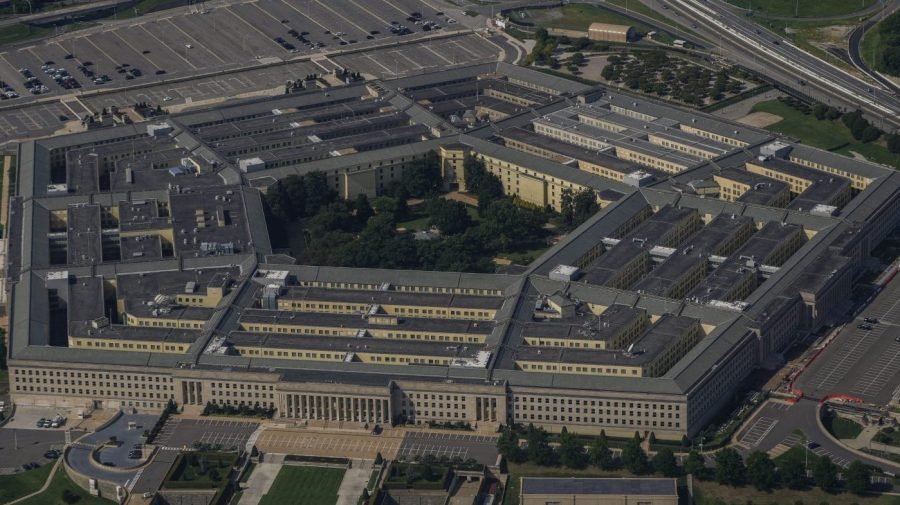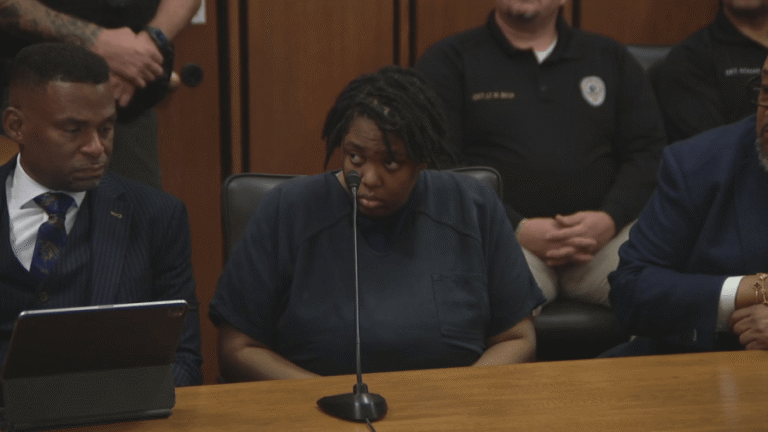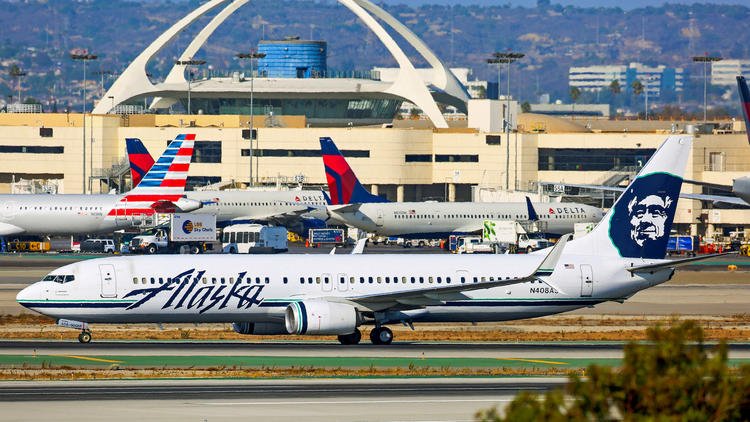
The U.S. military is deploying 10 fighter jets to Puerto Rico to help fight the Latin American cartels, coming shortly after two Venezuelan military aircraft flew close to a U.S. Navy ship in the region.
The Department of Defense (DOD) has ordered 10 F-35 fighter planes to be deployed to Puerto Rico to help combat the drug cartels, a source familiar with the matter who spoke on condition of anonymity told The Hill’s sister network NewsNation.
On Thursday, two “[Venezuelan President Nicolás] Maduro regime” aircraft flew near a Navy ship in international waters, with the Pentagon characterizing it as a “highly provocative move” that it said was “designed to interfere with our counter narco-terror operations.”
“The cartel running Venezuela is strongly advised not to pursue any further effort to obstruct, deter or interfere with counter-narcotics and counter-terror operations carried out by the US military,” the Pentagon said late Thursday.
A U.S. official told Reuters that two Venezuelan F-16s flew over the USS Jason Dunham.
The United States Southern Command (Southcom) referred The Hill to the DOD. The Pentagon did not immediately respond to a request for comment.
Apart from the Dunham, the Trump administration has deployed at least seven more battleships to the Caribbean, along with more than 4,000 Marines and sailors in its effort to combat drug cartels in the region.
The deployment of the fighter jets comes as tensions between Washington and Caracas are rising, particularly after the U.S. military took out a “drug vessel” in the Caribbean on Tuesday, killing 11 people the Trump administration said were members of Tren de Aragua, a transnational gang from Venezuela that is designated as a foreign terrorist organization by the U.S. government.
Trump said a “kinetic” strike blew up the boat that departed Venezuela and was on its way to the U.S. No service members were injured during the operation, according to the president.
The administration has offered few details about how the strike was conducted and the legal authority officials relied upon to justify the engagement. Some experts accused the administration of violating international law.
“These extrajudicial killings are a clear violation of international law. If there are no consequences, we should be extremely concerned about what comes next — will this administration begin executing alleged gang members or drug dealers at home without any judicial process,” Vincent Warren, executive director of the Center for Constitutional Rights, told The Hill this week.
The White House said the strike was taken in “defense of vital U.S. national interests and in the collective self-defense of other nations who have long suffered due to the narcotics trafficking and violent cartel activities of such organizations.”
“The strike was fully consistent with the law of armed conflict,” White House deputy press secretary Anna Kelly said in a statement. “This precision strike in international waters was conducted in a manner to minimize the risk to U.S. personnel and did not entail the use of ground forces.”


